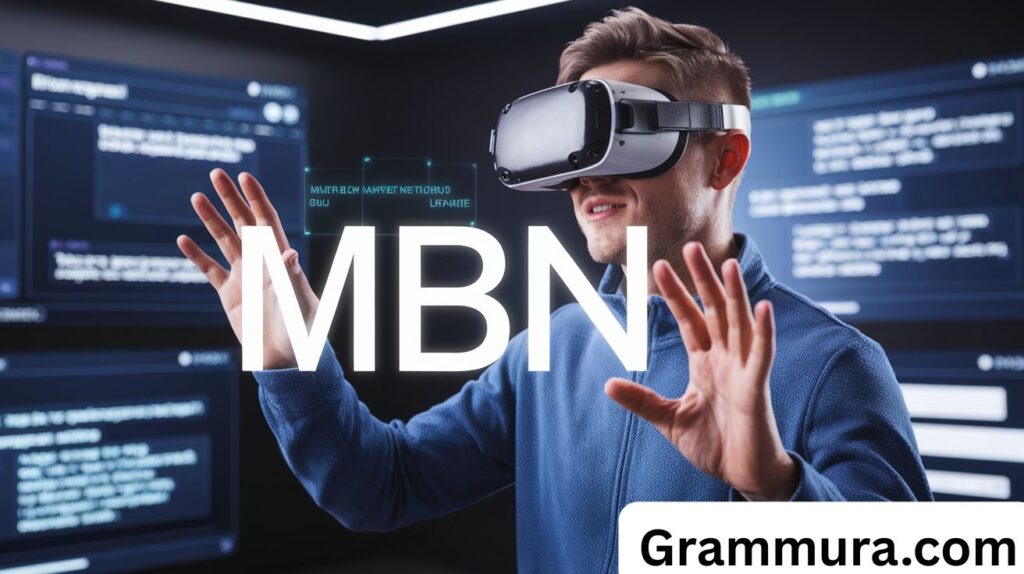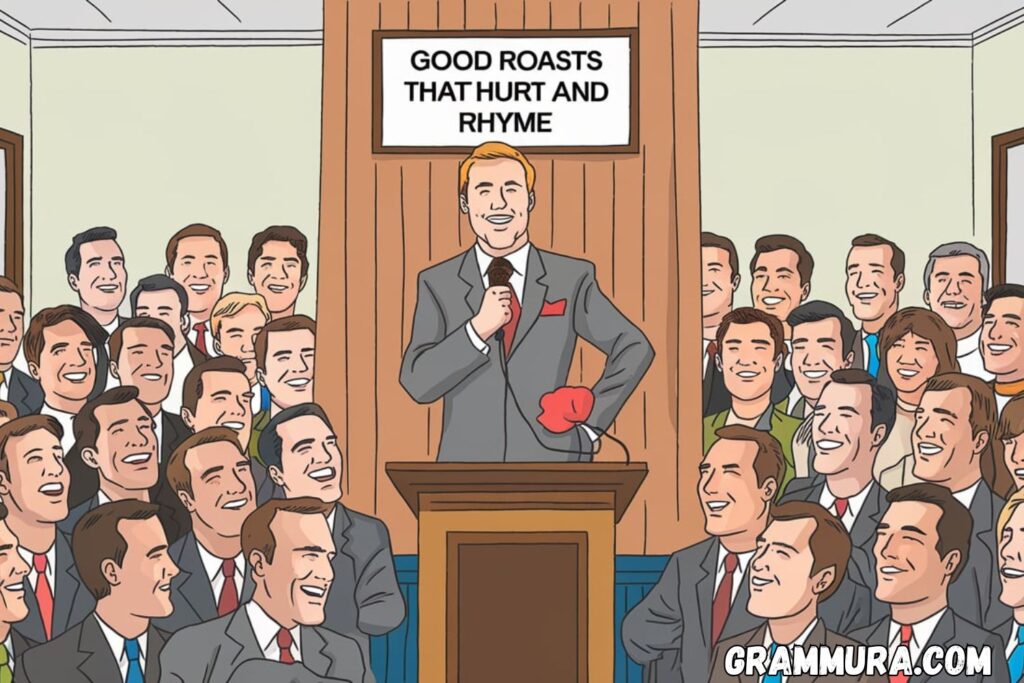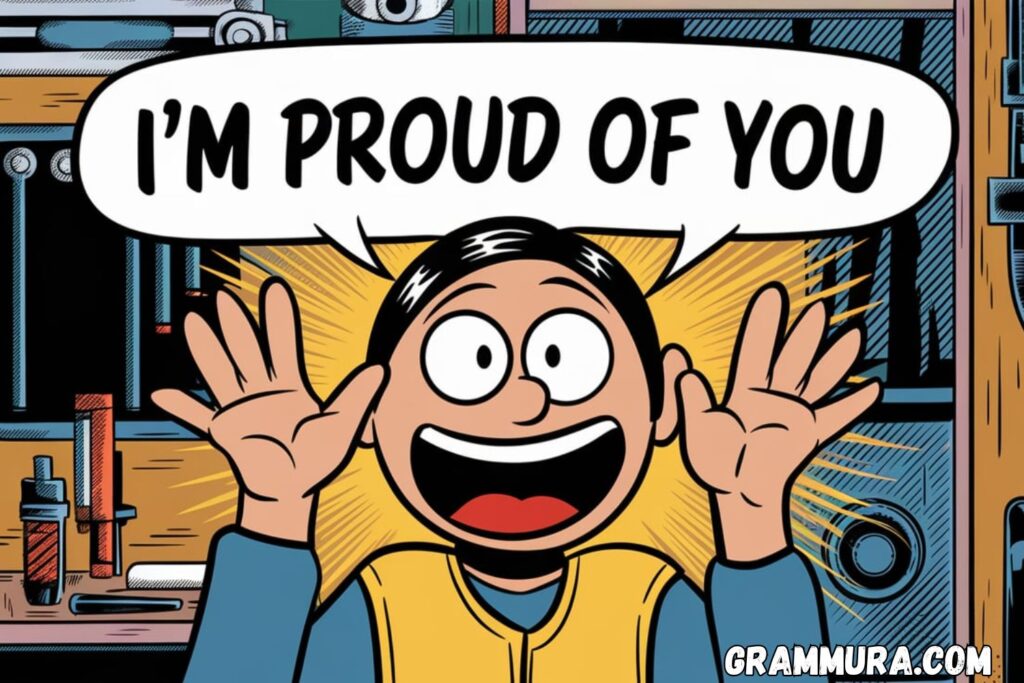MBN Meaning in Text 2025 stands for “Must Be Nice.” It is a short way to show envy, admiration, or sarcasm. People use it in texts, chats, and comments online.
Ever seen someone post about a vacation or new car? You might feel a little jealous. That’s when people say MBN to keep it fun or light.
In 2025, MBN is part of daily digital talk. It’s a popular texting acronym in the USA. Teens and adults both use it in online communication.
What Does MBN Mean in Text?
The acronym MBN stands for “Must Be Nice.” It is a common expression used in casual texting language to respond to someone else’s positive experience, situation, or achievement. It often carries feelings of envy expression, admiration, or even a slight touch of sarcasm, depending on how it’s used.
For example, if your friend texts you, “I’m flying to Hawaii next week!”, you might reply with MBN, which implies “Must be nice… I wish I could do that too.”
MBN is a great example of how emotional expression in text can be compressed into just three letters. However, depending on the text conversation tone, it can be interpreted differently — which is why understanding the tone recognition behind it is so important.
Origin and Usage
MBN comes directly from spoken English. The phrase “must be nice” has been used for decades in real-life speech to express everything from sincere admiration to slightly annoyed sarcasm. In digital spaces, this phrase became shortened for convenience, making it one of the fastest-growing chat acronyms in the world of informal digital language.
Around the early 2020s, MBN gained traction on platforms like Twitter (now X), TikTok, and Instagram comments. By 2025, it has cemented itself as a part of everyday text message jargon used mostly by Gen Z and Millennials in the United States. The popularity of text abbreviation meanings like MBN has grown alongside the rise of casual conversation in digital communication, where speed and tone matter just as much as content.
Understanding the Nuances of MBN
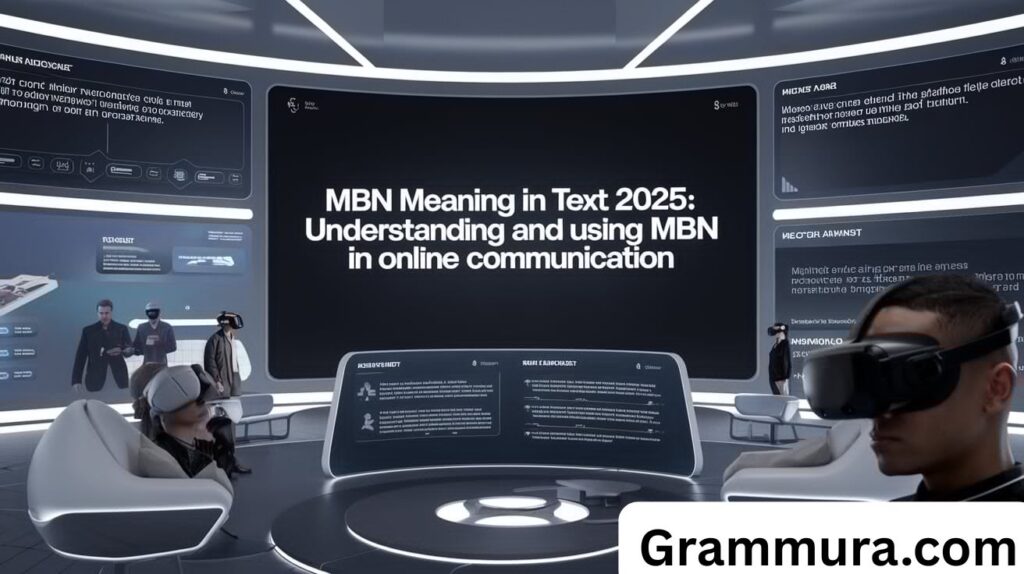
The beauty — and confusion — of MBN lies in its text sentiment. The phrase can carry multiple meanings depending on how and when you use it. Sometimes, it’s a light-hearted admiration phrase. Other times, it could be a sarcastic expression in text, or even a passive-aggressive comment.
Here are the three main nuances of MBN:
- Genuine Admiration: You’re happy for someone and acknowledge their success.
- Playful Envy: You wish you had the same experience, but you’re not truly upset.
- Sarcasm: You might be annoyed or jealous and use MBN to express that subtly.
This is where sarcasm detection and sentiment analysis become critical. Without tone of voice or facial expression, it’s easy for your message to be misunderstood. That’s why understanding the conversational context is essential.
Tone and Context Matter
Tone in written communication is tricky because there are no vocal cues. That’s why the way MBN is interpreted heavily depends on your relationship with the person and the situation.
Let’s say your close friend just bought their dream car. If you reply with MBN, they might take it as a compliment or light-hearted envy. But if you say the same to a colleague you barely know, it might come across as rude or sarcastic.
This is a perfect example of how tone recognition, messaging etiquette, and communication style online can completely change the meaning of a short acronym like MBN.
Using emojis or tone indicators (like “MBN 😅” or “MBN fr tho!”) can help avoid confusion and make your text sentiment clear.
Polite and Professional Alternatives to MBN
In more formal or workplace settings, using MBN might not be appropriate. It could sound dismissive or unprofessional, especially if your tone isn’t well understood. For professional communication, consider using clear, respectful language.
Here is a helpful table comparing MBN to more polite alternatives to acronyms:
| MBN Expression | Polite Alternative |
| MBN! | That’s wonderful! |
| MBN, congrats! | Congratulations on your achievement. |
| MBN, you lucky thing! | What a great opportunity! |
| MBN, wow | I’m genuinely happy for you. |
| MBN, not fair! | You must be proud of that accomplishment. |
These alternatives maintain a positive tone and are suitable for professional communication, emails, or formal chats where acronym usage in text should be minimal.
Casual and Friendly Alternatives to MBN
In informal chats, there are many ways to express similar feelings to MBN without using the exact acronym. These expressions keep the casual texting language vibe while offering more clarity depending on the emotion you’re trying to express.
Here are some commonly used online chat phrases and their meanings:
- Lucky you – Friendly and admiring.
- Jealous! – Direct and playful.
- Living the dream – Often used humorously.
- I wish I were you – Straightforward but light-hearted.
- Score! – Celebrating someone’s good fortune.
These options are widely accepted in social media communication and online chat etiquette, especially when the tone is friendly.
Read Also ; What Does TS Mean in Text? Definition, Use, and Examples (USA Guide)
Eleven Examples of MBN and Its Alternatives in Different Contexts
To help you better understand how MBN and its alternatives are used, here are eleven real-life examples based on different conversational contexts. These cover everything from sarcasm to admiration, across both professional and casual interactions.
1.
Friend: “Just got front-row tickets to the Drake concert!”
You: “MBN! Save me a seat next time 😆”
2.
Coworker: “I hit all my sales goals this quarter!”
You: “That’s wonderful! Congratulations on your success.”
3.
Sibling: “Took the day off just to relax and watch movies.”
You: “Living the dream! Enjoy it.”
4.
Peer: “I got accepted into my dream college!”
You: “You must be proud! That’s such a big deal.”
5.
Friend: “Just upgraded to the iPhone Ultra Pro Max.”
You: “MBN! Must be nice to always have the latest tech.”
6.
Colleague: “Heading to Cabo for two weeks.”
You: “What a great opportunity! Hope you enjoy the break.”
7.
Friend: “I just got promoted!”
You: “Jealous! Tell me everything!”
8.
Neighbor: “Got a new puppy over the weekend.”
You: “Lucky you! Puppies are the best.”
9.
Family member: “Booked a month-long Europe trip.”
You: “MBN! Wish I could tag along.”
10.
Manager: “We secured the biggest client this year.”
You: “Congratulations on your achievement. Great leadership!”
11.
Friend: “Just had the best deep-dish pizza in Chicago.”
You: “Score! Now I’m craving pizza too.”
How to Choose the Best Alternative to MBN
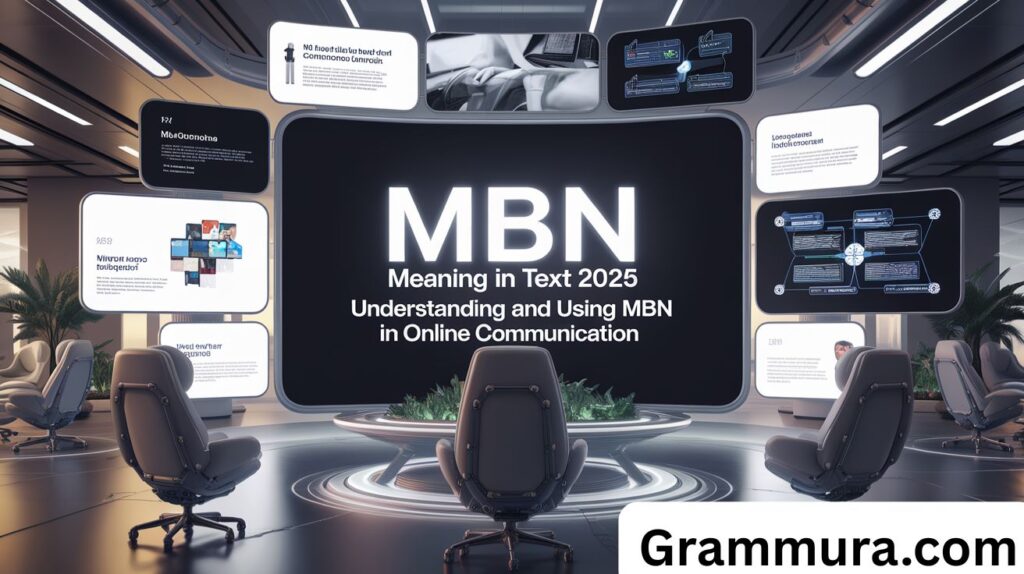
Choosing whether to use MBN or another phrase depends on a few key factors. Always consider your relationship with the person, the tone of the conversation, and the platform where you’re communicating.
For example, in text conversation tone with a best friend, MBN might sound fun and relatable. In contrast, in a professional communication setting with a supervisor, a phrase like “That’s fantastic news!” is more appropriate.
If you’re ever unsure, think about the text sentiment you want to express. If it’s genuine happiness, skip sarcastic expressions in text and go for direct admiration. If it’s playful envy among close friends, MBN or similar chat acronyms are usually fine.
Hiatus Meaning of MBN Meaning in Text
Sometimes, MBN is used when someone is on a hiatus — meaning a break from work, school, or social media. In this case, the person posting or texting is often enjoying life during that time, and others use MBN to express expressing envy online in a playful or admiring way.
For example:
Friend posts vacation photos during a break from college.
You comment: “MBN! You’re really living it up while I’m buried in homework.”
This kind of usage reflects a common trend in informal language where acronyms also capture lifestyle and emotional context.
Why Is MBN Popular in Texting?
There are a few reasons why MBN has become a staple in texting acronyms in 2025. First, it’s short and expressive, which is perfect for digital communication. It fits well into platforms like Instagram comments, TikTok replies, or even casual iMessage chats.
Second, it captures multiple emotions — envy, admiration, sarcasm — all in just three letters. That makes it ideal for people who want to say more with less in fast-paced online chat phrases.
Lastly, MBN is part of a larger trend of using text slang definitions that evolve quickly, especially among younger users in the USA who love creativity in their communication style online.
Potential Pitfalls of Using MBN
While MBN is fun and convenient, there are risks involved. One big issue is misinterpretation. Without voice or facial expression, your message might sound rude or passive-aggressive. This is especially true if the recipient is older or unfamiliar with Internet slang.
Another problem is overuse. If you constantly respond with MBN, it may seem like you’re not genuinely engaged or are subtly annoyed.
Lastly, MBN is not suitable for all environments. Using it in the workplace or in serious conversations can damage your professional image due to its casual and sarcastic tone.
The Rise of Chat Acronyms in Digital Communication
In 2025, chat acronyms like MBN are more popular than ever. People love using short words to express big feelings quickly in texts and social media communication. This helps conversations move faster and feel more natural in our daily lives.
From “LOL” to “MBN,” these text abbreviation meanings save time and add style to your messages. They have become a big part of online communication, especially in the USA where digital chats are common at school, work, and home.
How Informal Language Impacts Online Chat Etiquette
Using informal language like MBN is fun, but it can sometimes cause confusion. If someone doesn’t understand the tone, they might think you’re being rude. That’s why tone in written communication matters a lot.
In casual settings, people enjoy using Internet slang and text message jargon. But in more serious chats, it’s better to avoid these phrases to keep your messaging etiquette respectful and clear.
Why Text Sentiment and Tone Recognition Matter
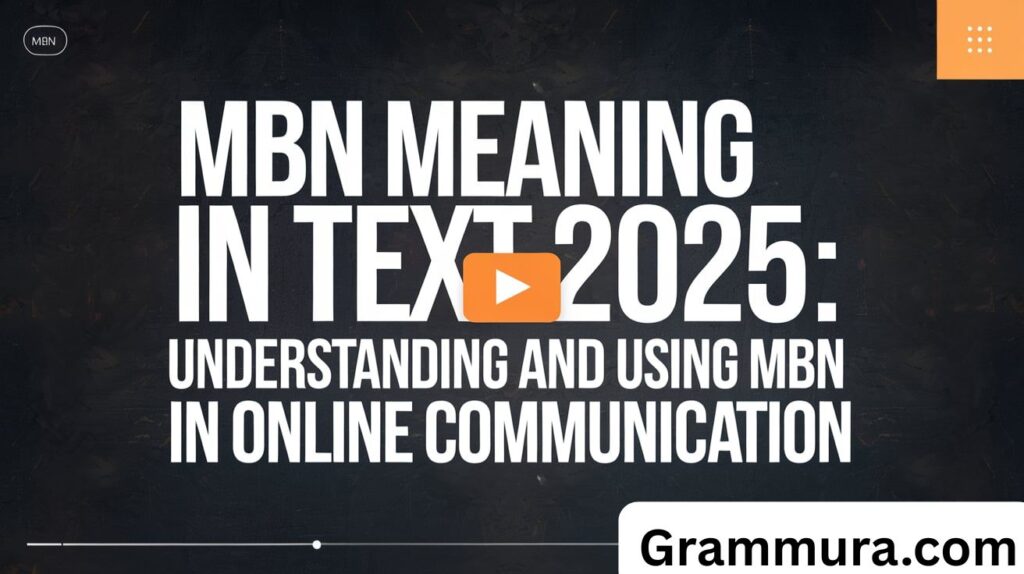
Every message has a feeling behind it, called text sentiment. When you say MBN, you could mean something nice — or not so nice. That’s why understanding tone recognition is important in texting.
Sometimes people use emojis or extra words to show their emotion more clearly. This helps others understand if you’re joking, admiring, or using a sarcastic expression in text like “MBN 🙃”.
Frequently Asked Questions
What does MBN mean in text messages?
MBN stands for Must Be Nice. It is an acronym used in text messages to express envy, admiration, or light sarcasm, usually in response to someone’s good fortune.
Is MBN considered polite to use?
Not always. While it can be lighthearted among friends, it may sound rude or sarcastic in formal conversations. Consider the conversational context before using it.
Can MBN be used professionally?
No, MBN is considered too informal for professional communication. Use more appropriate phrases like “Congratulations” or “That’s excellent news.”
What are some good alternatives to MBN?
Some polite alternatives to acronyms include: “Lucky you,” “You must be proud,” “That’s wonderful,” and “What a great opportunity.”
How do I know when to use MBN in conversation?
Use MBN when you’re in a relaxed, informal setting with friends or peers. Avoid it in emails, workplace chats, or with people you don’t know well.
Final Thoughts
In 2025, MBN continues to be one of the most used and recognizable popular texting acronyms in the United States. Its simplicity and emotional depth make it a favorite in social media communication and informal digital language. But like all tools of online chat etiquette, its power lies in how and when you use it.
By understanding the meaning, tone, and context of MBN, you can express yourself more clearly and avoid the common pitfalls of text message abbreviations. And when in doubt, opt for language understanding that’s clear, kind, and true to your intent.
Want to sound smart and stay trendy in your messages? Mastering the use of MBN is a great start.

